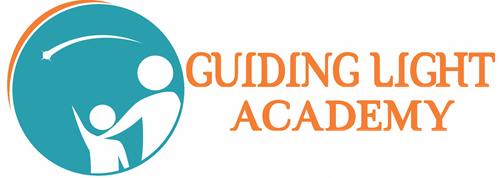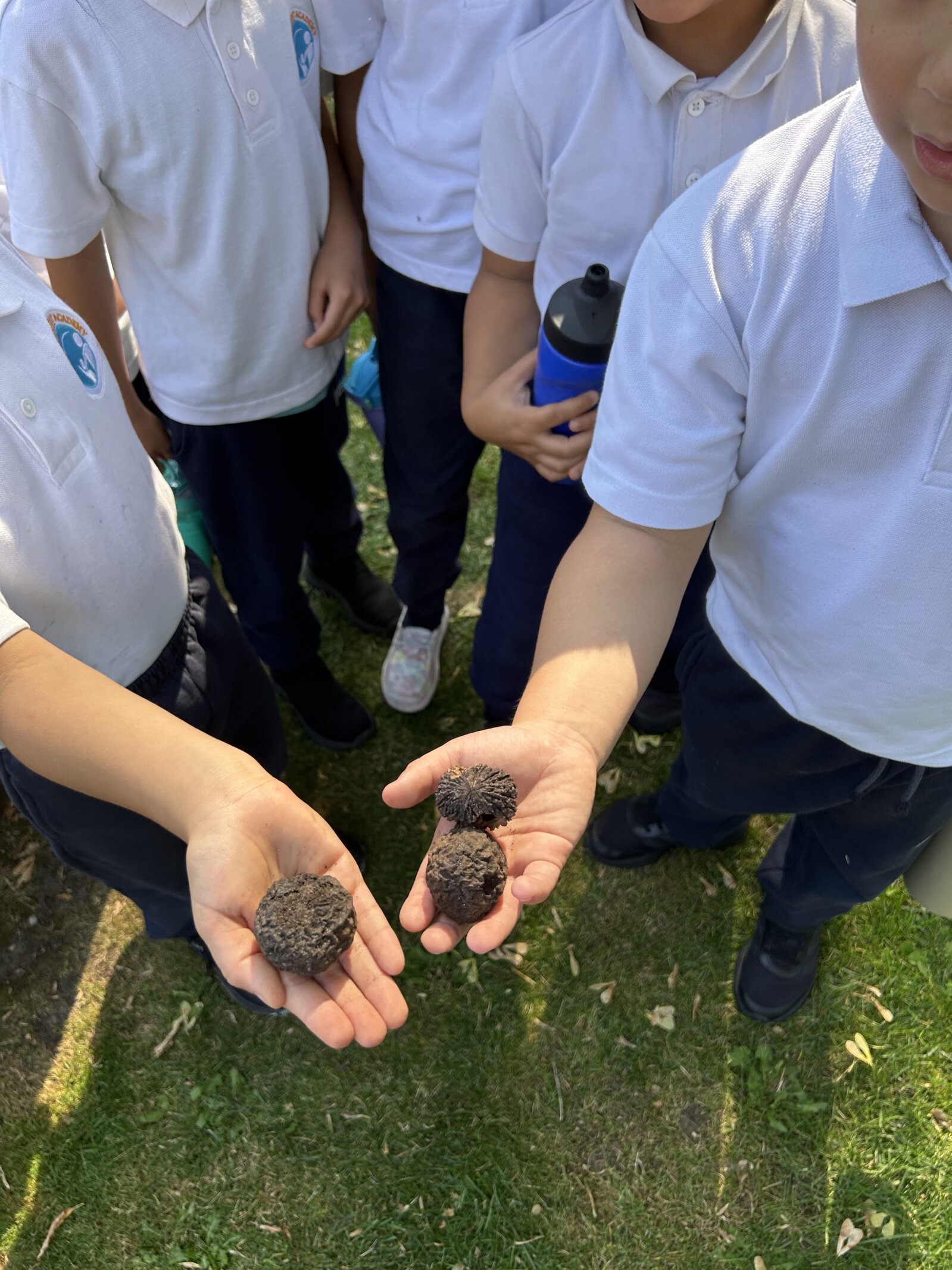Little Scientists, Big Wonder: Discovering the Science of Living Things at the Streetsville Pollinator Garden
At Guiding Light Academy, experiential learning is integral to our academic philosophy. Recently, our Grade 1 and 2 students visited the Streetsville Pollinator Garden as part of their unit on Living and Non-Living Things, transforming scientific concepts into direct, hands-on discovery.
Inquiry in Action
At the garden, students became young scientists – observing bees, butterflies, and plants to uncover how pollination sustains life. Guided by their teachers, they applied inquiry-based methods: observing, comparing, classifying, and forming early hypotheses about ecosystems and interdependence. These activities supported key expectations from the Ontario Science and Technology curriculum, including investigation, data collection, and communication of scientific ideas.
Beyond the Textbook
Experiential learning extends cognitive and emotional growth by fostering curiosity and confidence in applying knowledge. Students learned to:
-Formulate meaningful questions and test simple hypotheses
-Work collaboratively to record and analyze observations
-Use scientific vocabulary to describe patterns and changes
-Connect classroom learning to real-world ecological systems
These real-world experiences strengthen memory retention, critical thinking, and cross-curricular integration — linking science to mathematics, language, and environmental studies.
Building Future Thinkers
At Guiding Light Academy, we see science as the perfect training ground for higher-order thinking. Field studies like this one nurture observation, reasoning, and problem-solving—skills essential for advanced academic achievement. Each trip is carefully designed with measurable learning outcomes and reflection components, allowing students to internalize concepts deeply and independently.
Extending Learning Beyond the Classroom
Parents play a vital role in reinforcing curiosity at home. To extend this learning experience, families can:
-Observe local nature together: Take a short walk and identify living vs. non-living things. Encourage your child to explain what makes each one “alive.”
-Plant a mini garden or herb pot: Let children care for a small plant and document its growth in a simple journal.
-Encourage observation skills: Ask open-ended questions such as “What do you notice?” or “What might happen next?” to strengthen scientific reasoning.
-Explore educational resources: Books like The Tiny Seed by Eric Carle or From Seed to Plant by Gail Gibbons build vocabulary and conceptual understanding in engaging ways.
When home and school work in harmony, children see that learning is not confined to the classroom—it is a lifelong process of inquiry, discovery, and wonder.

